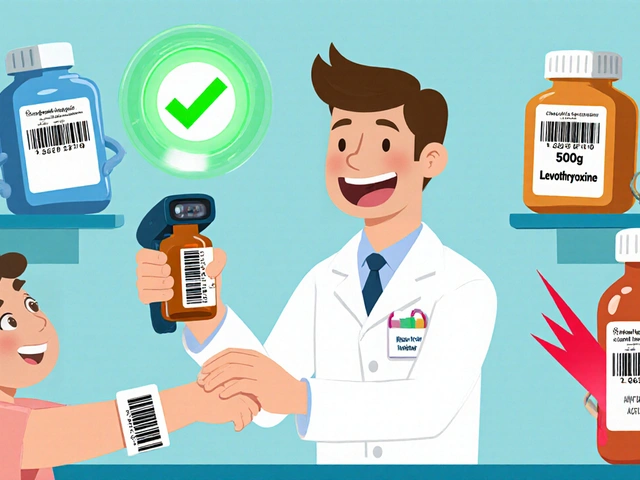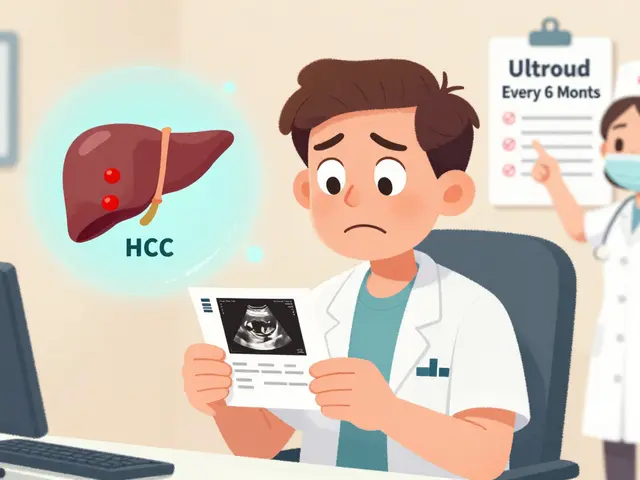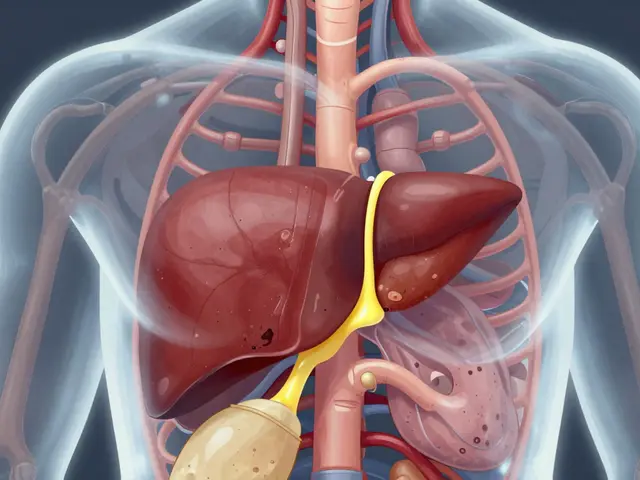Understanding Iron Deficiency Anemia in Infants
As a parent, hearing the words "iron deficiency anemia" can be quite alarming. But what does it really mean? Iron deficiency anemia is a condition that occurs when there is not enough iron in a baby's body. This can lead to a decrease in the number of red blood cells, which affects the baby's ability to carry oxygen throughout the body. It is important to understand the causes, symptoms, and treatment options for this condition to ensure your little one remains healthy and happy.
Causes of Iron Deficiency Anemia in Infants
There are several factors that can contribute to the development of iron deficiency anemia in infants. One of the most common causes is a lack of iron in the infant's diet. This can occur if the baby is not getting enough iron-rich foods, such as breast milk or iron-fortified formula. Additionally, some babies may have trouble absorbing iron from the foods they eat, which can also lead to anemia.
Premature birth is another common cause of iron deficiency anemia. Babies born prematurely often have lower iron stores than those born at full term, making them more susceptible to anemia. Some medical conditions, such as celiac disease or intestinal bleeding, can also cause a baby to become anemic. Lastly, a maternal iron deficiency during pregnancy can result in a baby being born with low iron stores, which can lead to anemia in infancy.
Recognizing the Symptoms of Iron Deficiency Anemia
Iron deficiency anemia can manifest in a variety of ways, and it is essential for parents to be aware of the signs and symptoms. Some of the most common symptoms include pale skin, irritability, fatigue, and a decreased appetite. Babies with anemia may also have difficulty gaining weight and may experience developmental delays, such as slow motor skills and cognitive development.
It is important to note that some infants may not show any obvious symptoms, making it difficult for parents to recognize that there is a problem. This is why it is essential to attend all well-baby check-ups, as your pediatrician will monitor your baby's growth and development and may order blood tests to check for anemia if needed.
Diagnosing Iron Deficiency Anemia in Infants
If your pediatrician suspects that your baby may have iron deficiency anemia, they will likely order blood tests to confirm the diagnosis. These tests may include a complete blood count (CBC), which can provide information about the number and size of red blood cells, as well as the amount of hemoglobin (a protein that carries oxygen) in the blood. Additional tests may be ordered to determine the underlying cause of the anemia, such as tests for celiac disease or intestinal bleeding.
It is essential to follow your pediatrician's recommendations for testing, as early diagnosis and treatment of iron deficiency anemia can help prevent long-term complications and developmental delays.
Treatment Options for Iron Deficiency Anemia
The primary treatment for iron deficiency anemia in infants is to increase their iron intake. This can be done through dietary changes, such as introducing iron-rich foods like iron-fortified cereals, pureed meats, and leafy green vegetables. Your pediatrician may also recommend an iron supplement in the form of drops or a liquid that can be easily mixed with your baby's food or formula.
In some cases, your pediatrician may recommend additional treatments or interventions, depending on the underlying cause of the anemia. For example, if your baby has a medical condition that is causing the anemia, they may need additional treatments for that specific condition.
Preventing Iron Deficiency Anemia in Infants
Prevention is key when it comes to iron deficiency anemia. There are several steps that parents can take to help ensure their baby gets enough iron in their diet. First, it is important to provide your baby with iron-rich foods, such as breast milk or iron-fortified formula, from the very beginning. As your baby starts to eat solid foods, be sure to introduce iron-rich options like fortified cereals, pureed meats, and leafy green vegetables.
Additionally, it is essential to attend all well-baby check-ups so that your pediatrician can monitor your baby's growth and development and identify any potential issues early on. If you are pregnant, be sure to get enough iron in your diet, as this can help prevent your baby from being born with low iron stores.
When to Seek Medical Attention
If you suspect that your baby may have iron deficiency anemia, it is crucial to seek medical attention as soon as possible. Early diagnosis and treatment can help prevent long-term complications and developmental delays. Be sure to contact your pediatrician if you notice any of the symptoms mentioned above or if you have any concerns about your baby's growth and development.
Remember, iron deficiency anemia in infants is a treatable condition, and with the proper care and attention, your baby can go on to lead a healthy, happy life.






Lidia Hertel
May 15, 2023 AT 03:54Alyson Knisel
May 16, 2023 AT 03:42Jelisa Cameron- Humphrey
May 17, 2023 AT 05:38Lee Lach
May 18, 2023 AT 15:57Tracy McKee
May 19, 2023 AT 11:06Abigail M. Bautista
May 20, 2023 AT 23:02Rohan Puri
May 22, 2023 AT 21:49Mandeep Singh
May 24, 2023 AT 13:47Chris Bellante
May 25, 2023 AT 03:34Nicole Manlapaz
May 26, 2023 AT 23:02Frederick Staal
May 27, 2023 AT 04:44erin orina
May 28, 2023 AT 21:40Lisa Uhlyarik
May 30, 2023 AT 21:39Kelley Akers
June 1, 2023 AT 09:43Cameron Perry
June 1, 2023 AT 21:50